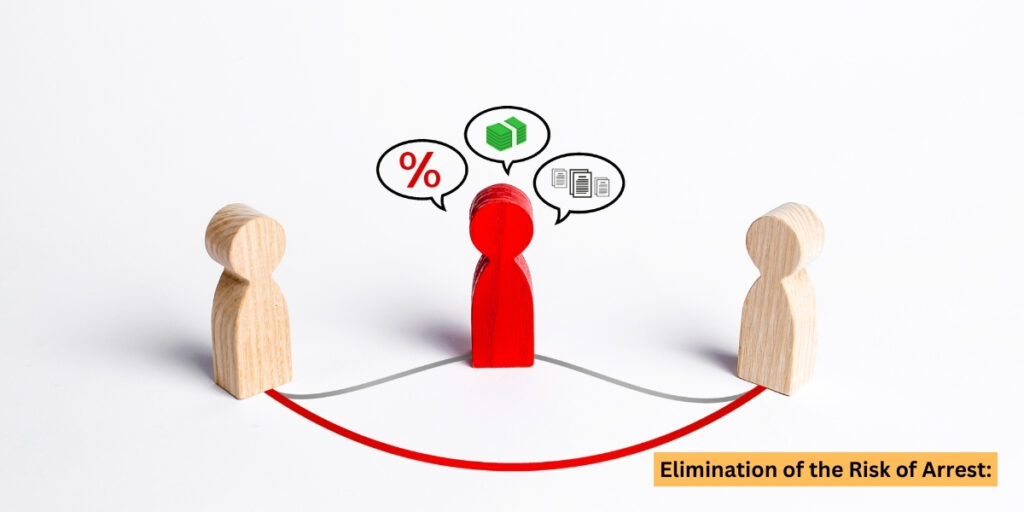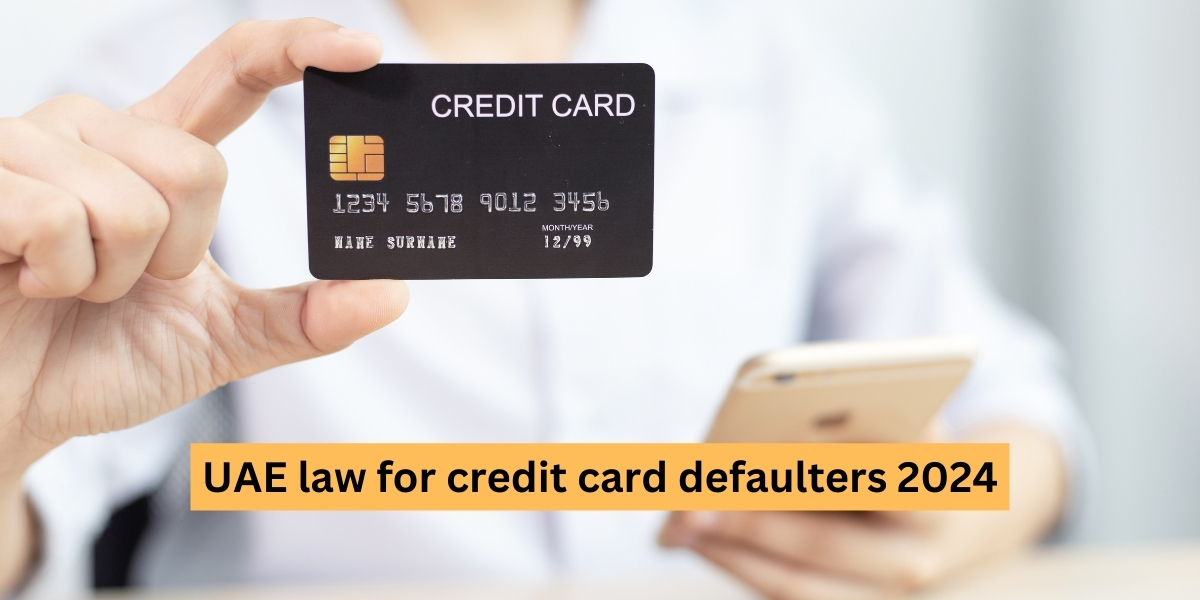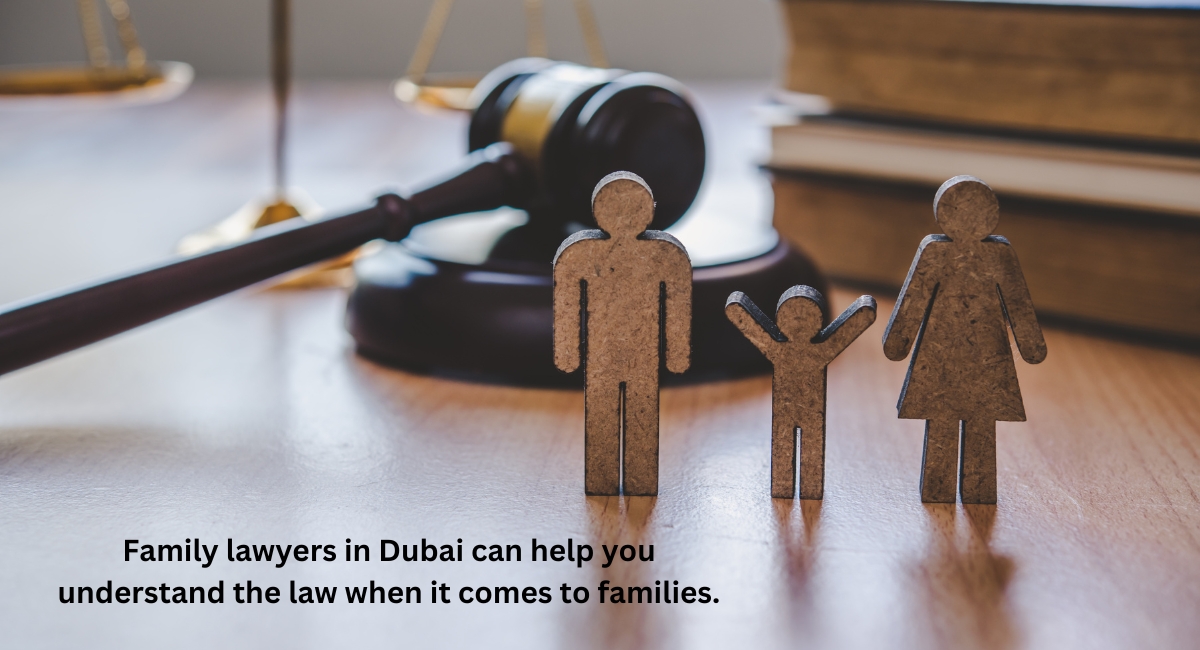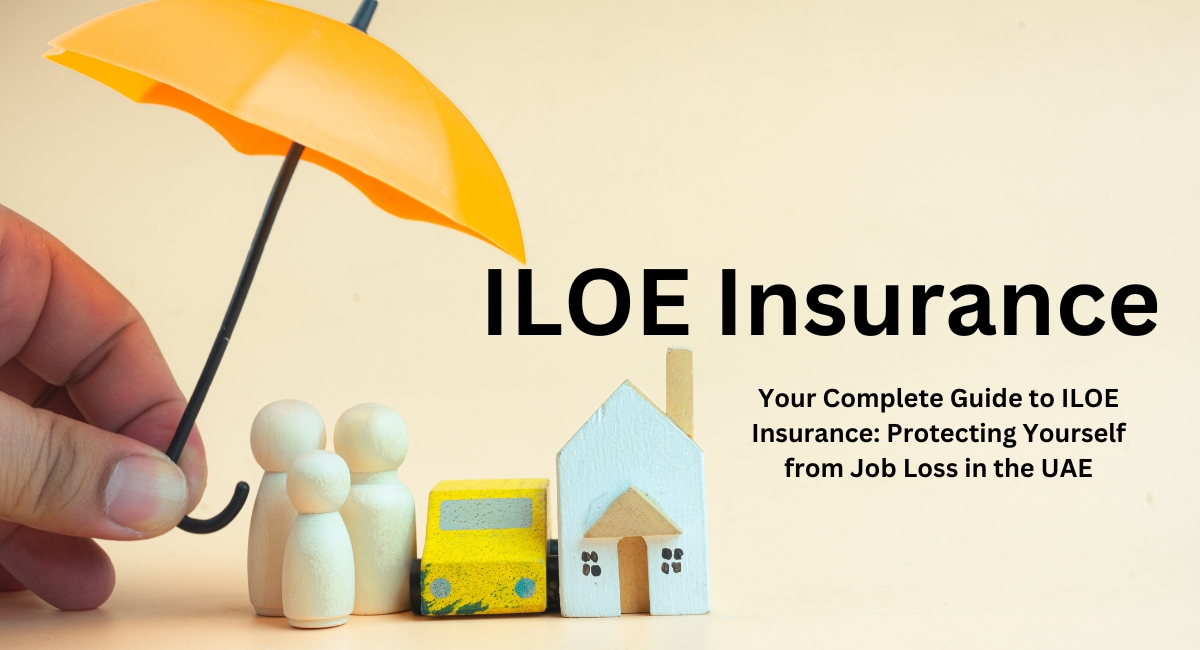Table of Contents
ToggleIntroduction to UAE Credit Card Laws in 2024:
Hi there! Let’s discuss the UAE’s credit card rules in 2024. It is important because it changes how people in this country handle money. Before 2024, it could be bad in the UAE if you couldn’t pay your credit card fees. You could even go to jail if you bounced a check or didn’t pay. Things were different in 2024.
These days, cashing a bad check is not as serious of a crime in the eyes of the law. That means people who can’t pay their bills promptly won’t get along as badly with the law. Also, the people you owe money to must prove their case more if you don’t pay them back. The government is trying to be fair to everyone.
These changes will make the UAE’s money system more fair and easy for everyone. Let’s examine what these changes mean for you and your money.
Changes in Legal Treatment:
So, let’s take a closer look at the big changes in the law regarding credit cards and bad checks. It was a big deal before 2024 if you couldn’t pay your credit card bill and your check bounced. That’s pretty scary: you might even be charged with a crime. Things have changed now, though. The UAE changed how they thought about checks that bounced in 2024. We shouldn’t treat it like a big crime; instead, we should treat it like any other money problem. This means that people who can’t pay on time will get in less trouble. It is like the government saying, “Hey, we get it. Things come up in life, and sometimes money is tight.” They are giving people more time to get their finances in order. This change is important because it shows that the UAE is becoming more fair and understanding regarding money matters. It is very important to find the right mix between making sure people pay what they owe and not punishing them too much for being behind.
Shift from Criminal to Civil Offense:
Let’s talk about this big change in how the law treats checks that bounce. It was very bad if your check bounced because you needed more money to pay your credit card fee. Someone could charge you with a crime, which could mean fines or even jail time, which are both very bad things. But wait, things changed in 2024.
If your check bounces because you forgot to pay your credit card bill, it’s more of a normal money problem than a crime. It means that the law only punishes you as severely. They are not charged with a crime; it is a civil case. What does that mean for you? That means you’re not in big trouble with the law just because you had a rough month and missed your payment.
This change means a lot of things. First, this is great news for anyone who is ever afraid of getting in trouble for a small banking mistake. People no longer have to worry about the worst happening. Instead, they can focus on solving their money problems without worrying about being charged with a crime. It also shows that the government is trying to be more understanding and adaptable when people have trouble with money. It’s like allowing people to make things right again without worrying about going to court.
This change from seeing bounced checks as a crime to seeing them as a civil problem is a good thing. It is important to find a middle ground between making people take care of their money issues and giving them the help they need to get back on track. We can all agree with that.
Elimination of Arrest Risk:

Now for the big change: you don’t have to worry about getting caught because you forgot to pay your credit card bill on time. That was a long time ago. You could go to jail if you missed a payment and your check bounced. It was a scary thought that made things even more stressful than they were before. But what do you know? No longer do I feel that fear.
In 2024, people who can’t make their payments in the UAE will no longer have to worry about being arrested. Yes, you did read that right. You won’t have to deal with handcuffs or court dates just because money is tight. This change is a big deal for people’s rights because it means you won’t go to jail just because you have money problems.
You don’t need to worry about going to jail when you’re already stressed out about debt. By removing the threat of arrest, the law is sending a strong message: your right to personal freedom and respect should never be taken away just because you’re having a hard time making ends meet. It is a victory for human rights and a first step towards making the judicial system more caring and understanding.
People no longer have to live in fear of what might happen. Instead, they can focus on finding real answers to their money problems. Working out a payment plan with your creditors or getting help with your money problems are choices that don’t involve the threat of jail time. Helping people get through tough financial times without going to extremes means giving them the necessary tools and support.
Eliminating the risk of arrest is intended to protect people’s rights and uphold our society’s ideals of fairness, justice, and compassion. We can all agree on that.
Burden of Proof on Creditors:
Okay, so here’s the deal: in the past, if you were in a dispute with your creditors over unpaid debts, it was often your duty to provide evidence. It felt like you had to show you were not guilty, which could be very hard if you were already having a hard time with money. That was until 2024 when the law changed things.
These days, there are times when creditors, not borrowers, have to prove their case. What does it mean? That’s right. If there’s an argument about whether a debt is real, it’s up to the creditors to show proof to back up their claims. This change is important because it ensures everyone has the same chances and the court process is fair.
Think about it this way: if someone says you owe money, they should be able to prove it. It’s like saying, “Hey, if you’re going to come after me for money, you better have the receipts to prove it.” This change in the standard of proof makes it harder for creditors to make claims against debtors that aren’t backed up by evidence. It also forces creditors to do their research.
It’s not just about being fair, though. It’s also about protecting the rights of people who creditors may wrongly target. The law ensures borrowers don’t have to unfairly prove their innocence in court cases by making creditors show proof to back up their claims. It’s a victory for justice and a step towards making the court system more fair for everyone.
So, the next time you disagree with your creditors, know it is their job to prove their case. A small but important change can make a big difference in ensuring that debt collection is fair and people are held accountable.
Emphasis on Fair Debt Collection:
Now, let’s discuss debt collection, which many people have to deal with. It’s not fun to talk about, but it’s important to know how the law is meant to make things more fair for everyone. In the past, creditors often felt like they had all the power in debt collection, making borrowers feel like they had no rights. That was until 2024 when the law changed things.
The UAE’s new rules put a lot of weight on fairways to collect debts. What does it mean? That means debt collectors must follow the rules and be fair and respectful to people who owe money. No more threats or bothersome behaviour. As an alternative, debt collectors must adhere to strict regulations that protect debtors’ rights throughout the recovery process.
This focus on fair debt collection is good for everyone. On the one hand, it guards debtors’ rights by ensuring they don’t have to deal with unfair or abusive behaviour. No matter how much money they owe, debtors deserve to be treated with respect and honour. It means no more annoying calls, threats, or other ways of scaring people.
More is needed to protect borrowers’ rights; it’s also important to protect creditors’ interests. The law encourages fair debt collection practices to ensure creditors can get their due money without using illegal or unethical methods. It’s about finding a middle ground between protecting borrowers’ rights and ensuring creditors can get their money back legally and politely.
Focusing on fair debt collection is a good step towards making the financial system fair and equal. It’s about ensuring everyone is treated fairly and with respect, no matter how much money they have. We can all agree with that.
Procedures for Debt Recovery:
Yes, a set way to get back bills must be followed to ensure everything is done correctly. In the United Arab Emirates, the law clarifies how debts can be collected and what the borrowers and debt collectors are responsible for.
The first thing we should talk about is debt collection companies. These people’s job is to get back money due to creditors. But they can’t do it however they want. No, they have to follow very strict rules set by the law. Things like these are included:
Failure to notify: Before they can do anything else, bill collectors must send a written notice to the debtor about the bill. This notice should include the amount owed, the creditor’s information, and the debtor’s choices for paying off the debt.
Verification: Within a certain time, debtors can ask for proof of the loan. They can then ask for evidence that the debt is real and that the amount owed is correct. Collection companies for debts have to show this proof when asked.
Fair Treatment: Debt collectors must always be fair and polite to people who owe money. It means you can’t bother people, make threats, or use bad words. No matter how much money they owe, debtors deserve to be treated with respect and honour.
Now, let’s talk about what borrowers need to do. You can’t push the debt aside and hope it goes away. Not at all, you also have some duties, such as:
Talk to your creditors and debt-collecting agencies: If you’re having trouble paying your bills, you should talk to them. Tell them how much money you have and devise a payment plan to stick to.
Payment: Follow through on any payment plan you agree to. It shows you are honest, which may help you avoid legal trouble.
Legal Responsibilities: Following the rules is important if you’re taken to court for bills you still need to pay. Follow court orders and show up for meetings to avoid problems.
The debt recovery process ensures that debtors and creditors are treated properly and respectfully. Debt collectors can get their money back by taking these steps while respecting the debtors’ rights. Debtors can work to settle their bills responsibly and proactively by doing what they need to do.
Impact on Financial Practices:
UAE’s recent changes to credit card rules will likely greatly affect how people handle their money and how creditors and debtors act nationwide. These changes mean that debt management will be more fair and balanced in the future, affecting how bills are handled and settled.
Since the law has changed, creditors must get used to following tighter rules and regulations for collecting debts. Creditors now have to prove certain things, making it more important to ensure that bills are properly recorded and checked. It could make financial companies and debt collection agencies keep better records and check them more carefully. Creditors may also need to rethink how they collect debts and put more stress on communicating with debtors fairly and respectfully.
On the other hand, the changes give debtors more rights and protections when dealing with unpaid bills. Not worrying about getting arrested for not paying your bills takes away some of the stress and worry that comes with having money problems. Debtors now have more power when they argue with creditors because creditors don’t always have to prove their cases. It gives borrowers the power to stand up for their rights and ask for fair treatment while their debt is being collected.
Also, the focus on fair debt collection methods makes debtors more likely to work with creditors and debt collection agencies to settle their debts. The changes to the law encourage open communication and honesty, which leads to a more cooperative way of managing debt, where both sides work together to find answers that work for everyone.
Overall, these changes to the law should make financial activities in the UAE more accountable, open, and fair. The new rules create an equal playing field for creditors and debtors and ensure everyone’s rights are respected. It makes the financial system more fair and long-lasting. These changes will likely lead to a better and more positive way of handling debts and financial obligations in the UAE as creditors and borrowers get used to them.
Compliance and Enforcement Measures:
The new credit card rules must be followed and properly enforced in the UAE to protect the rights of both borrowers and debtors. It is why the legal system has strong methods for compliance and enforcement. These are meant to make people more likely to follow the law and hold those who do break it accountable.
To ensure everyone follows the rules, creditors, debtors, and debt collection companies must be taught their rights and responsibilities under the new laws. It includes clarifying the legal requirements for debt collection and what will happen if they aren’t followed. Stakeholders can better follow the law during the debt recovery process when they are made more aware of it and given tools to help them learn it.
Along with schooling, the UAE’s legal system uses oversight and monitoring systems to ensure people follow the law. It could include government or regulatory agencies whose job is to monitor debt collection methods and look into claims of not following the rules. These organisations can do checks, audits, and reviews to find legal violations and take the right enforcement action.
Regarding enforcement, the legal system punishes people who break credit card rules. These punishments include fines, licence suspension, or even jail time for major crimes. By giving people and organisations consequences for not following the law, the legal system makes it clear that breaking the law will not be accepted and that everyone and everything must follow the rules set by the law.
It may also be possible for people to use civil litigation to get justice when they think their rights under the credit card rules have been violated. It lets people hold creditors or debt collection agencies responsible for illegal actions and get compensation for harm caused by not following the rules.
Overall, compliance and enforcement measures are very important for ensuring that the new credit card rules are followed correctly and that everyone’s rights are protected. By educating, monitoring, and enforcing compliance, the legal system protects the financial system’s integrity and ensures that debt collection methods in the UAE are fair and clear.
conclusion
In conclusion, the UAE’s recent changes to its credit card rules are a good step towards more fair and open debt management. Organisations like Ittihad Legal Consultants can help you if you need legal help to deal with these changes. By changing the rules of the law, making it less likely for borrowers to be arrested, and promoting fair debt collection, the UAE is making the financial world more fair for creditors and debtors.








